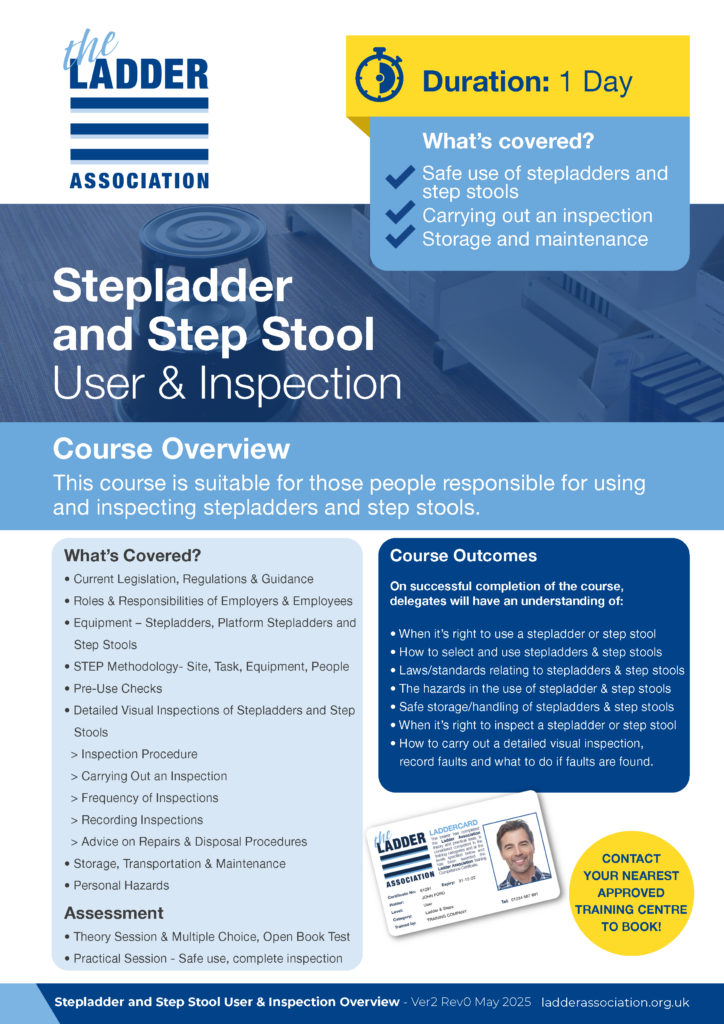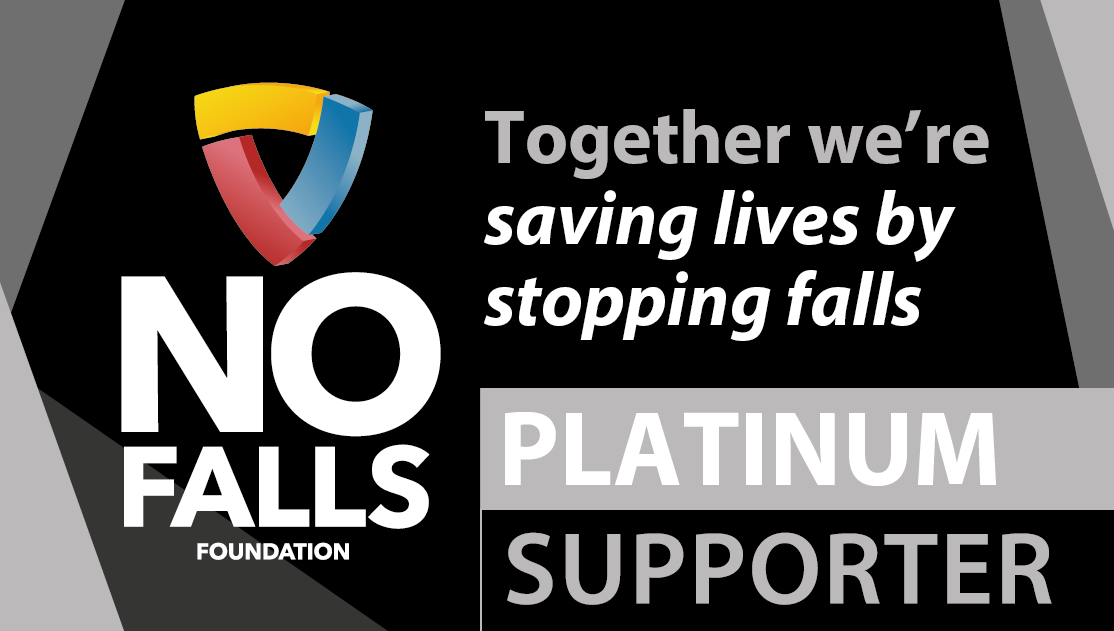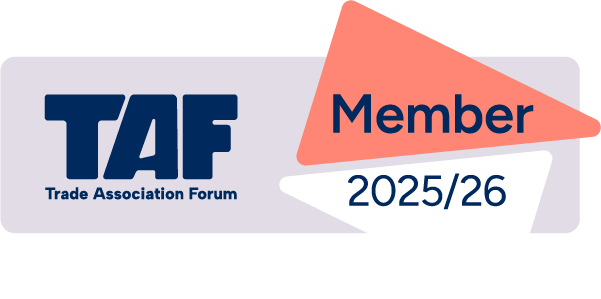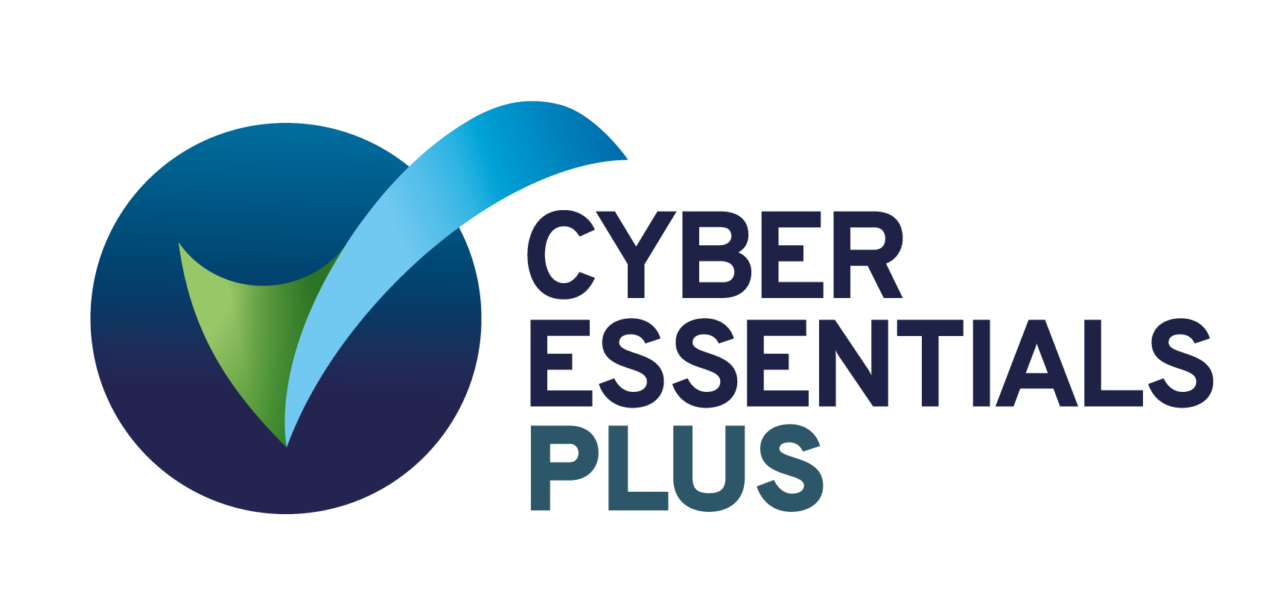Stepladder & Step Stool User & Inspection
This course is suitable for those people responsible for using and inspecting stepladders and step stools.
At a glance:
• Current Legislation, Regulations & Guidance
• Roles & Responsibilities of Employers & Employees
• Equipment – Stepladders, Platform Stepladders and Stepstools
• STEP methodology
> Site
> Task
> Equipment
> People
• Pre-Use Checks
• Detailed Visual Inspections of Stepladders and Step Stools
> Inspection Procedure
> Carrying Out an Inspection
> Frequency of Inspections
> Recording Inspections
> Advice on Repairs & Disposal Procedures
• Storage, Transportation & Maintenance
• Personal Hazards
Course details
Duration
1 day
Who Should Attend?
This course is suitable for those who use and inspect stepladders and step stools in places like shops, offices, schools, libraries and the healthcare sector
Learning Objectives
On successful completion of the course, delegates will have an understanding of:
• When it’s right to use a stepladder or step stool
• How to select and safely use stepladder and step stools
• The law/standards relating to stepladder and step stools
• The hazards in the use of stepladder and step stools
• Safe storage and handling of stepladder and step stools
• When it’s right to inspect a stepladder or step stool
• How to carry out a detailed visual inspection, record faults and what to do if faults are found.
Format
The course is planned to run over one day.
Training Activity
• Slide led – trainer providing information and asking questions
• An individual questionnaire on safe and effective use of stepladders and stepstools
Assessment Process
There are assessment activities:
• Multiple Choice Questions
• Practical – Safe Use and Completing an Inspection
Assessment
Open book exam with a pass mark of 80%
PPE / Clothing
Closed toe shoes, with good grip on the sole – no backless or high heel shoes; no socks, tights or bare feet
Ideal clothing:
– No loose tops
– Jeans / trousers for all delegates
Course Content
Current Legislation, Code of Practice, Regulations and Guidance affecting work at height
Trainer / Delegate ratio
Maximum of 1:8
Venue Requirements
A suitable classroom and practical area to accommodate 8 delegates for the theory and practical assessment sessions
Supporting Documents
Ladder Association Code of Practice
Award
A Ladder Association certificate and LadderCard will be issued to successful delegates who complete the theory and practical assessment sessions at the level they attend the course which has a five year validity period
Literacy, Fitness & Health
Since the safe use of ladders, stepladders and step stools requires that you consult safety notices and read and thoroughly understand the manufacturer’s instruction manual, literacy and language comprehension are important requirements for any user.
Similarly, since the assembly and use of ladders and stepladders can by physically demanding, users should be physically fit and in good health, and should generally not have problems with eyesight or hearing, heart disease, high blood pressure, epilepsy, fear of heights, vertigo, giddiness, difficulty with balance, impaired limb function, alcohol, or drug dependence, including prescribed drugs or psychiatric illness.
You should also consider how the effects of extremes of temperature – heat and cold; lack of nutrition – fasting; and lack of water – dehydration, can impair your ability to work effectively.
If you have any problems with literacy or language comprehension, are pregnant, or have any doubts about your fitness to use ladders, stepladders or step stools, you must bring them to the attention of your employer. This need not preclude you from using ladders, stepladders or step stools, provided your employer conducts an assessment and is able to put into place adequate measures to take account of any difficulties you may have.
Pre-Requisites
No qualifications or experience are required for this course










